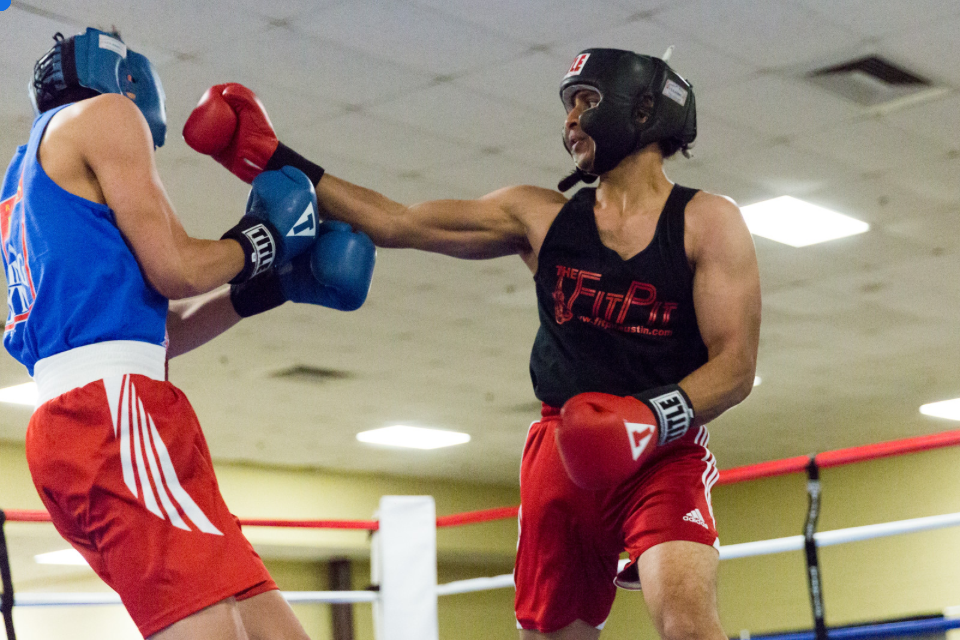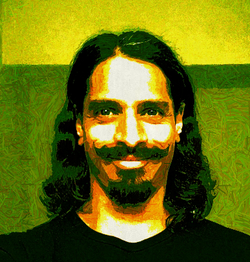As I walked into the gym I was surprised to note how clean the place appeared as most boxing gyms I had been to were filthy; this is not to say the pervading smell of sweat, testosterone, and blood weren't present, but rather obvious measures had been taken to restore some semblance of respect for basic hygiene. Then I met Coach Art Cardenas, the owner of the establishment. He warmly received me and offered a complimentary work out before allowing me to make my decision to train there regularly. After working out a deal that fit my budget, I began my mission to familiarize myself with the gym and it's students.
Boxing gyms are like no other out there. There is so much attitude from each fighter especially before one has had a chance to engage in sparring or combat. Each fighter keeps their distance from newcomers (since new members tend to come and go) instead choosing to remain focused on their own training and self improvement. Respect is earned in the ring. Having boxed in several gyms over the years, I found it funny to find the same attitudes and behaviors here at my new home.
For me, boxing offers the opportunity to forget the stresses of daily living or a chance to help others forget theirs. It provides a peace and serenity rarely discovered by those who fear it's inherent violence. I started going to the gym everyday. I became familiar with not only the residents, but also their training habits and patterns. I took note of the serious 'fighters' and began to build a friendship with the 'regulars'. After a while the gym started to feel like home, and it's inhabitants like family. My work takes me away from town for days at a time and I find myself missing my gym and anxious to return to the city that hosts my passions.
When I was younger I wanted to compete and test myself. It was important to beat my competition and direct my efforts at self improvement. Now, while still operating on a competitive level, my pursuits have changed to maintaining my health and helping others achieve their own personal greatness. I find myself stopping by the gym to 'hang out' and help where ever I can offer it. I love spending time there and as I look forward to celebrating the feast of Thanksgiving with my loved ones, I will also remember and be grateful to the family I found at the Fit Pit.





 RSS Feed
RSS Feed
